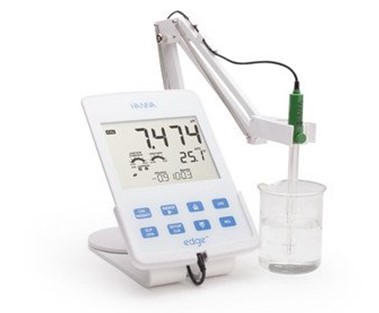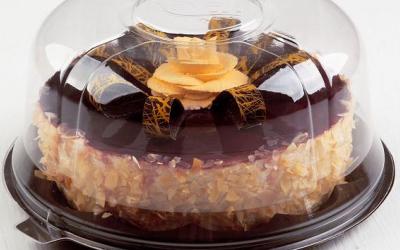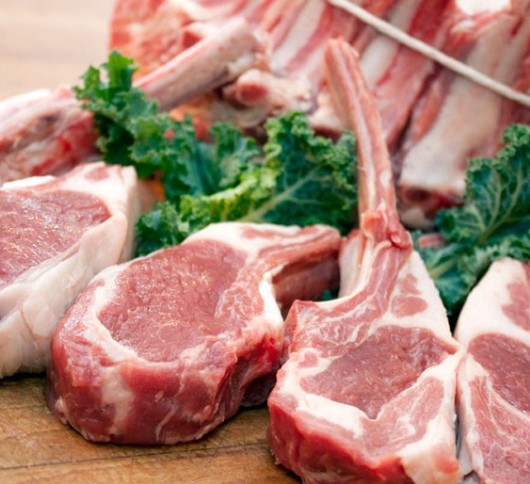New BoviRes-RSVI vaccine for early immunization of calves: A breakthrough in veterinary science

One of the vaccine's key advantages is its optimized immunization schedule. Research confirms that colostral antibody levels in calves begin to decline as early as 21 days after birth. Traditional vaccination schedules do not always ensure rapid development of post-vaccination antibodies, increasing the risk of disease during this critical period. Alexander Kononov, Head of the Biotechnology Laboratory at the All-Russian Research Institute of Animal Husbandry and Animal Health, noted that the key goal of the developers was to create post-vaccination immunity while colostral antibodies decline. Vaccination is scheduled for the first day of life, with subsequent boosters administered 21–30 days later and at six months.
Preclinical and clinical trials of the new drug were conducted on calves of various age groups in various regions of Russia, allowing for extensive data on its safety and efficacy. The trial results demonstrate reliable protection against the infections in question, which is particularly important for agriculture, where animal health directly impacts economic performance.
The development of the BoviRes-RSVI vaccine is only the first step. Next year, the All-Russian Research Institute of Animal Health plans to register two more new vaccines: vaccines against bovine hemophilus influenzae and bovine viral diarrhea of the first and second genotypes. These vaccines promise to improve livestock health and productivity, which, in turn, will have a positive impact on the agricultural sector.























































